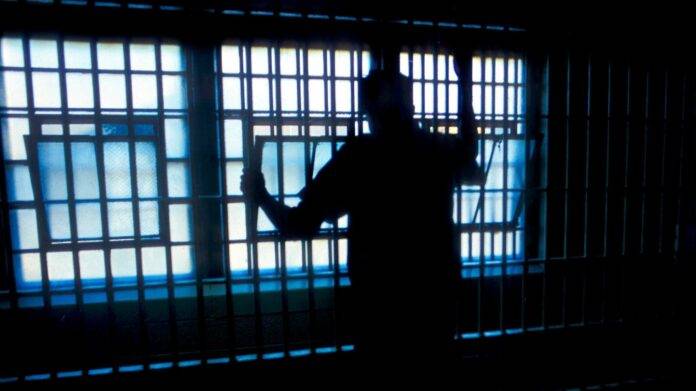“`html
Missouri Man Sentenced to Nine Years for Fraudulent PPP Loan Scheme
Christopher Lee Carroll, a resident of Missouri, has been sentenced to nine years in federal prison after being convicted of orchestrating a fraudulent scheme to obtain loans under the Paycheck Protection Program (PPP), which was implemented to assist businesses during the COVID-19 pandemic. His conviction and sentencing took place in the U.S. District Court for the Eastern District of Missouri, where he faced a multitude of charges related to bank fraud and environmental violations.
Details of the Fraudulent Scheme
In September, a jury found Carroll guilty on several counts, including three counts of bank fraud, three counts of making false statements to a financial institution, one count of conspiracy to violate the Clean Air Act, 13 violations of the Clean Air Act, and two counts of threatening a witness. The court also mandated that he pay restitution amounting to $3 million as part of his sentencing.
The fraudulent activities began when Carroll, along with his business partner George Reed, attempted to secure a $1.2 million PPP loan for their timeshare exit company, Square One Group. In their application, they falsely claimed that the company was owned by their spouses. This misrepresentation was critical, as Carroll, a convicted felon from prior offenses, was ineligible to receive a PPP loan.
Establishment of a Trucking Company
Using the funds acquired from the PPP loan, Carroll established a trucking company named Whiskey Dix Big Truck Repair LLC. Once the company was operational, Carroll and Reed sought loan forgiveness, falsely asserting they had utilized the funds for payroll and other legitimate business expenses. Their fraudulent behavior did not stop there; they subsequently applied for a second loan, this time for $1.6 million, from which they received $660,000 in what the U.S. attorney’s office characterized as “owner draws.”
Violations of the Clean Air Act
In addition to the financial fraud, Carroll’s actions led to multiple violations of the Clean Air Act. Evidence presented during the trial revealed that he intended to disable emission-control equipment on vehicles to enhance fuel efficiency, a move that not only contravened environmental regulations but also posed significant risks to public health.
Threatening Witnesses
Further complicating his case, Carroll was found to have engaged in witness intimidation. Reports indicated that he approached one employee, suggesting they should “take the fall” for his illegal activities. Additionally, he threatened another employee by stating that he would cease paying for their legal representation if they cooperated with federal investigators. This intimidation tactic ultimately proved futile, as the investigation continued to uncover the extent of his fraudulent activities.
A Pattern of Criminal Behavior
In the sentencing memorandum, the U.S. attorney labeled Carroll a “consummate fraudster.” His criminal history includes previous convictions for felonious restraint and forcible sodomy, underscoring a troubling pattern of unlawful behavior. Unlike Carroll, George Reed, who is 70 years old, opted to plead guilty to the charges against him in September 2022, resulting in a sentence of time served.
Conclusion
Christopher Lee Carroll’s case stands as a stark reminder of the potential for fraud and abuse in government relief programs, especially during times of crisis. The harsh sentence imposed by the court reflects both the severity of his crimes and the broader implications for businesses that genuinely relied on the PPP during the pandemic. As the legal proceedings conclude, the case also highlights the importance of accountability and integrity in the business world, especially in the face of unprecedented challenges.
The repercussions of Carroll’s actions extend beyond his personal consequences; they serve as a warning to others who might consider exploiting relief programs designed to support struggling businesses. The legal system’s response to such fraudulent behavior is crucial in maintaining public trust and ensuring that resources are allocated to those in genuine need.
“`




